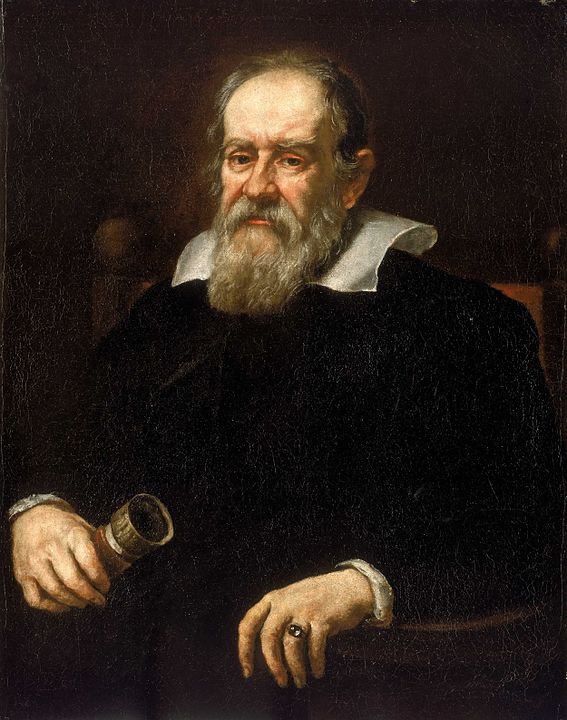
Galileo
Born: February 15, 1564
Died: January 8, 1642
Feast: N/A
Patron saint of: N/A
To say Galileo Galilei’s relationship with the Catholic Church was complicated would be an understatement. Galileo’s brilliance is well known throughout the world, and he is rightfully considered one of the founding fathers of physics, the scientific method, and astronomy. His legacy endures in almost every corner of the modern study of science. Much of the conversation around Galileo’s faith centers on the conflict he incurred with the Catholic Church over his support for the theory of heliocentrism, which states that the Earth rotates on its axis, as well as orbiting the sun. Unfortunately, not a lot of “air time” is given to the fact that Galileo was a pious Catholic, with no intention of rebelling against the church. The prevailing theory at that time (which was endorsed by the Catholic Church) was that the universe in its entirety revolved around the Earth. As the Protestant Reformation continued in earnest in Europe, Galileo was accused of possible heresy, and his theory of heliocentrism judged to be absurd by church authorities. The situation came to a head when Galileo was accused of mocking Pope Urban VIII, an initial advocate and supporter of the scientist. Galileo was found to be suspect of heresy, his works banned, and held under house arrest until he passed away. It was not until 1992 that Pope John Paul II acknowledged the condemnation of Galileo as an error. This entire unfortunate episode is used by many to erroneously demonstrate that the church and science are at opposition. Instead, it can hopefully remind us that science and faith need not be adversaries and that both can work together to reveal to us the beauty of the universe, and the exquisite craftsmanship of a God who created such wonders.
Image: Wikimedia Commons







